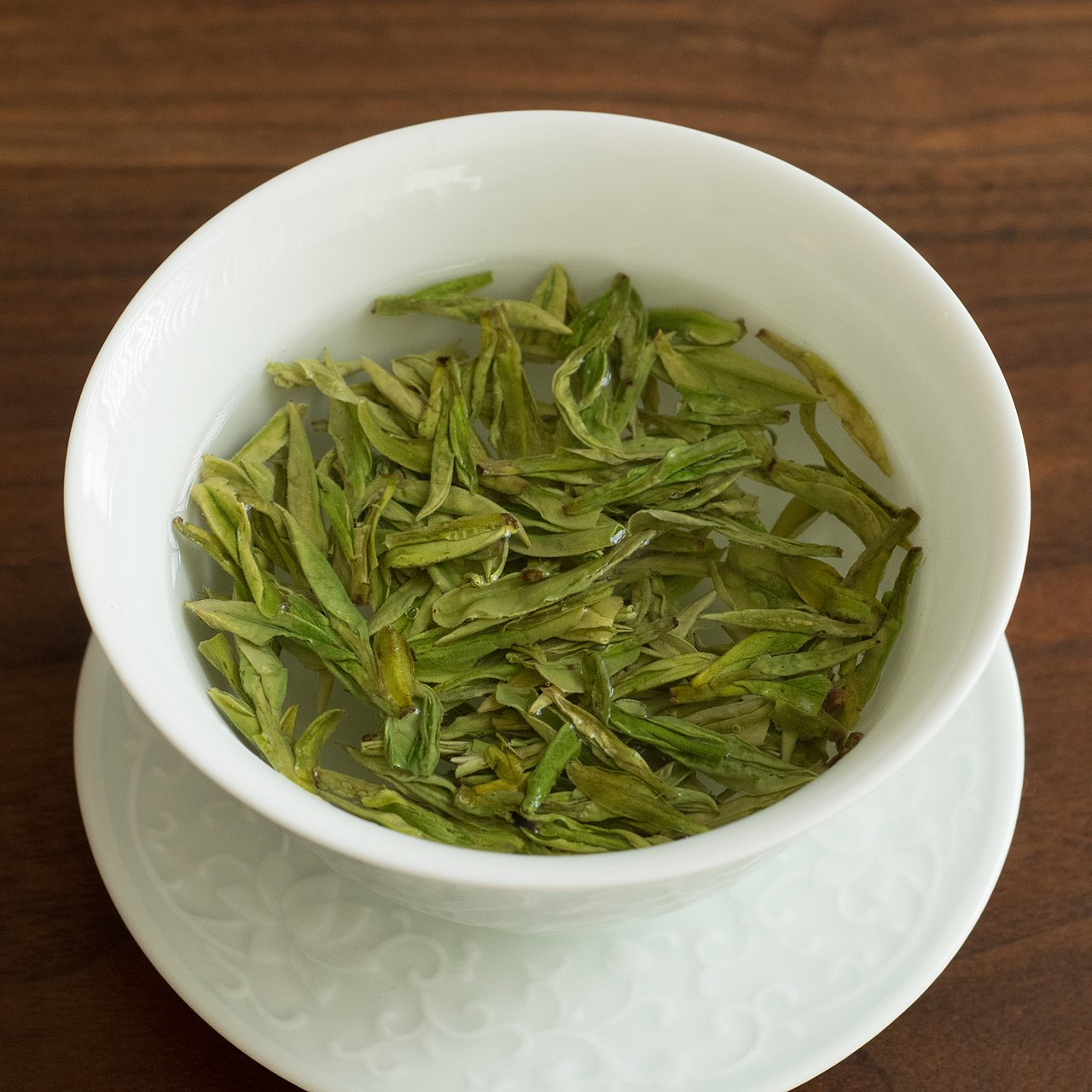

Earlier this year I was given one of those XPS machines with Ubuntu and decided to install Debian on it. The camera driver was so bad - I can’t remember technical details but you can’t simply get it to run on another kernel, it was a mess of hacks to get it to work. I decided I won’t get a camera driver. “We ship a laptop with Ubuntu” does not necessarily mean working Linux drivers.
EDIT: To add insult to injury, the touch bar suddenly decided to stop responding to input. It’s already bad enough to not have tactile feedback for Esc / Fn keys / Delete / Print Screen.










You needed: kernel driver, closed source userspace driver, GStreamer plugin, v4l2 loopback driver, v4l2 relay daemon copying frames from the GStreamer source into v4l2 loopback. Technically I could have made it work, I just decided not to.
https://launchpad.net/~oem-solutions-group/+archive/ubuntu/intel-ipu6 https://github.com/intel/ipu6-camera-bins